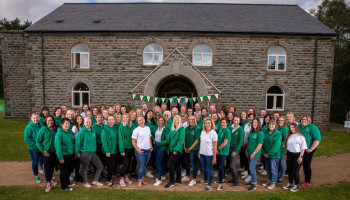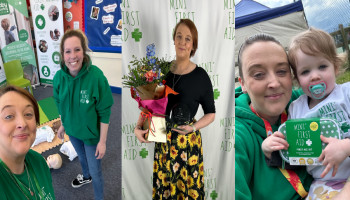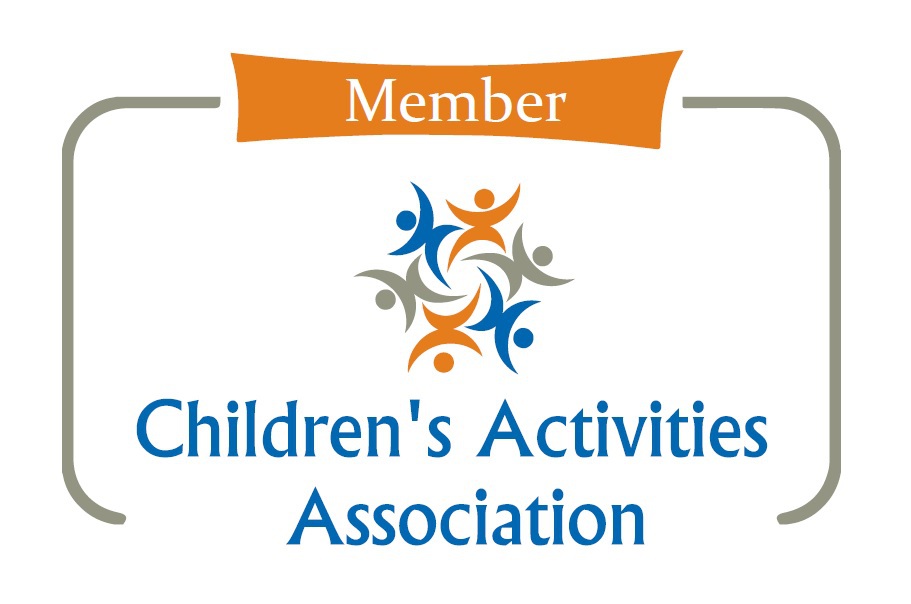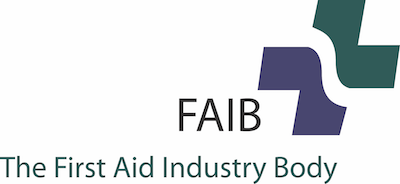Saturday 9th September is World First Aid day, and with the theme this year being “First Aid in the Digital World”, we thought it was a great time to explore how technology could make all the difference in saving a life. It’s worth taking a few minutes this week to get tech savvy when it comes to first aid. We should all be prepared and ready to save a life, whether it be a loved one or a stranger, if called upon.
Locating a defibrillator
A defibrillator gives a high energy electric shock to the heart of someone in cardiac arrest, and can make a huge difference to whether or not the person survives in a medical emergency, such as a heart attack. But in a recent survey by First Aid Voices, 6 in 10 people did not know the location of their local defibrillator.
If you’re one of those 6, visit Defib Finder. It’s so easy to use – you’ll be asked if it’s an emergency, in which case you’ll be prompted to call 999, but otherwise you just enter your location, as demonstrated on the map below:

Have a look now. Don’t put
it off. You will never regret spending a few minutes working out where your
local defibrillator is if you are unfortunate enough for a loved one to go into
cardiac arrest. While you’re at it,
have a look at areas you frequent – your local town centre perhaps. If you
regularly visit elderly relatives, look up where the nearest defibrillator is to their
house – a few minutes spent now might be the difference between life and death
in an emergency.
Registering a defibrillator
It’s fantastic that so many local communities have raised funds to buy a local defibrillator. These can be found at places like schools, village halls, sports grounds and even in old phone boxes! But it’s no good if no-one knows it is there and this is why it’s so important to register your defibrillator with The Circuit – otherwise known as The National Defbrillator Network. A joint initiative between the British Heart Foundation, the NHS and other medical authorities, this database provides NHS ambulance services with the location of the UK’s defibrillators, allowing call handlers to help those dealing with a cardiac arrest. It also powers the Defib Finder site mentioned above.
You can register your local defibrillator here if you haven’t already, or click the image below:
Always call 999 first in a cardiac arrest situation
If you’re with a loved one and they go into cardiac arrest, call 999 first, then start CPR – the call handler will give you instructions if you don’t know what to do. If you’re on your own, CPR is the priority. Shout or scream as loudly as you can for someone else to find a defibrillator – if they don’t know where one is, the 999 call handler will give them the closest location based on the information on The Circuit. They can even get a call back to get directions from the 999 call handler whilst you continue to get instruction on CPR. This second phone call could be crucial, especially if the local defibrillator requires a PIN to access it – sadly due to vandalism and theft, this is often necessary for publicly accessed devices.
Need a CPR refresher?
There’s nothing as good as learning CPR in person, but if you need a refresh, our handy You Tube videos are a must:
If you'd like to practise these skills with a Mini First Aid trainer, you can sign up for our 2 hour Baby and Child first aid class here.
At our Adult Awareness Class, you can learn how to do CPR on adults, as well as learning how to use a defibrillator.
And finally, if you haven’t already, make sure you download the free app What 3 Words on to your phone so that it is always easy to access.
It can be an invaluable app in the event of an emergency where you're unsure of your exact location e.g. if you were involved in a car accident on an unfamiliar road at night time or injured while walking in a rural area or in the middle of a large park. It pinpoints your precise location to within 3 metres and identifies this location with 3 random words which are displayed on the screen. This "code" can then be passed onto the emergency call handler when you call 999, allowing the emergency services to respond to the emergency much more easily, and without unnecessary delays. Our Mini First Aid trainers have seen the benefit of using this app when they have been first on the scene in real life medical emergencies.
We really hope you use this World First Aid Day to familiarise yourself with the latest technology, you really don't know when you might just need it.
All the best, The Mini First Aid Team
Sources: First Aid Voices, British Heart Foundation, NHS UK
Our great value super safety bundle!
 Wow, we have a whole host of first aid essentials in our Super Safety Bundle, and all for only £25!
Wow, we have a whole host of first aid essentials in our Super Safety Bundle, and all for only £25!
- Our Mini First Aid kit, containing 74 essential first aid items
- Woopsadaisy or Elly Elephant bump pad for treating head bumps, or warming cold hands in the winter
- Tumble Tiger for instant relief on the go - perfect for sprains while out and about
- Savlon antiseptic cream - your go to for insect bites, scraped knees and splinters
- Paediatric First Aid Made Easy - a really easy "how to" guide to common first aid incidents
- CPR mask keyring - safely give CPR in a medical emergency










